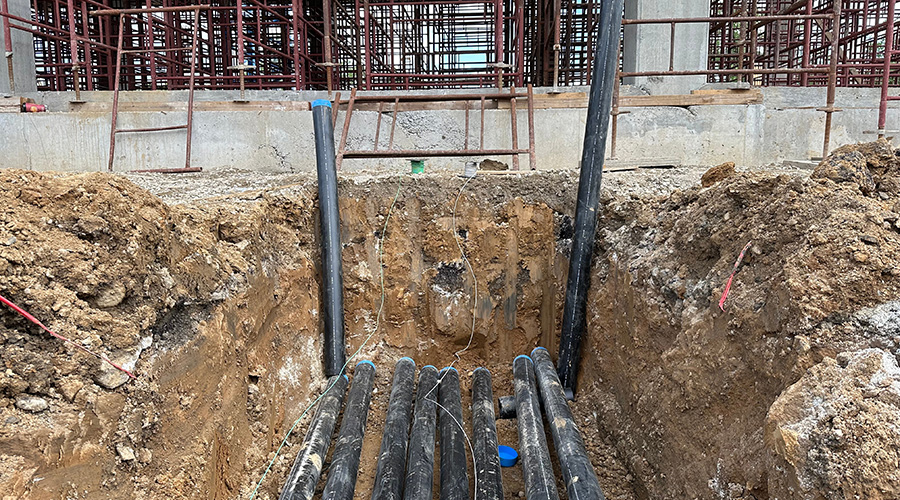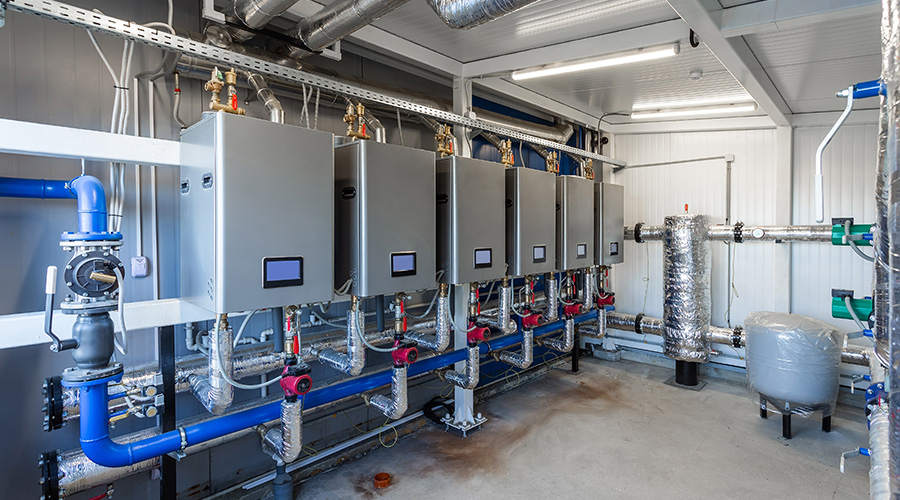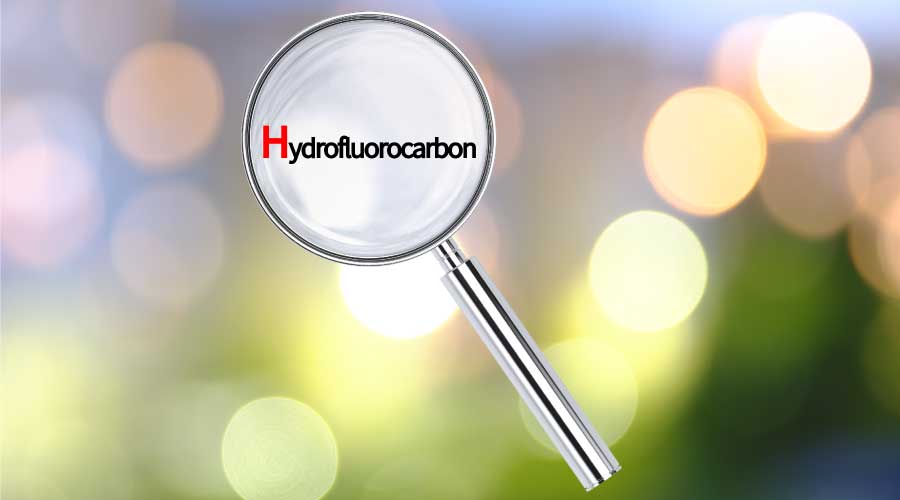Boiler Safety: Annual Inspection Checklist
States and municipalities require boiler inspections. While some inspection requirements are becoming stricter, they do not cover the entire boiler system, and managers should consider them to be absolute minimum requirements.
Safe operation requires managers to go well beyond these minimal, legally mandated requirements and establish a comprehensive inspection and testing program. For example, at least once each year, operators should inspect all water-side and fire-side surfaces and remove corrosion, scale, and mud. They also should inspect refractory surfaces.
Annual inspections do more than meet the legal requirements of states and municipalities. They help to detect problems that are developing before they can cause costly damage to the boiler.
In addition to the mandated requirements, managers should ensure operators and technicians complete a number of regular tasks:
- They should examine the boiler or domestic water heater for code compliance at least once each year.
- They should identify and correct all installation deficiencies.
- They should inspect and test all safety and interlocks for proper operation.
- They should test the operation of the boiler’s control system over a range of loads.
- They should test all shutoff valves annually to confirm they close and do not leak.
- They should check all interior surfaces during the boiler’s annual inspection to ensure no localized overheating, erosion, or corrosion formation occurs.
Depending on the size of the boiler and the nature of the load it serves, operators will have to perform additional testing and inspections — sometimes, daily. They should inspect the entire fuel system daily for leaks. In all cases, they need to consult with the boiler or water heater’s manufacturer to determine the most appropriate test and inspection procedures for that particular unit.
Operators also should monitor the operation of the boiler’s water-treatment system. All boilers require some quantity of make-up water. Chemical treatment removes impurities from the system, but it is essential that the type and quantity of chemicals operators use match the conditions found within the boiler system, as well as to the quantity and quality of the make-up water required. Using the wrong type or quantity of chemicals can result in inadequate protection or accelerated corrosion within the boiler system.
Finally, operators must remember the boiler log, which is one of the most important tools in ensuring they operate and maintain boilers properly. Unless something is drastically wrong within the boiler, operating conditions change very slowly — so slowly, operators might not notice.
By entering data into the boiler log regularly, operators can identify trends that might help them spot developing problems within the boiler they otherwise might not detect. But entering the data is only half of the issue. Operators also must review boiler logs regularly to detect those trends.
Related Topics:













